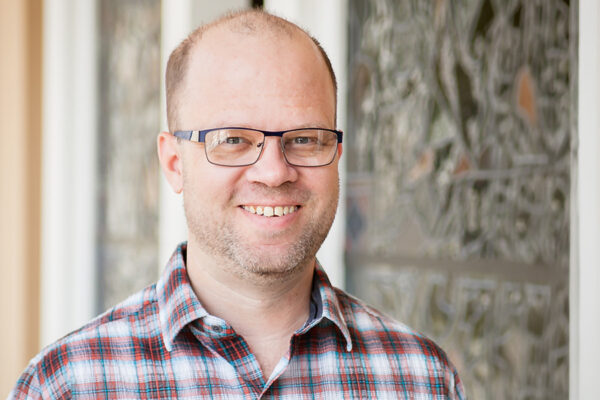The disposition of courage
Who do you think of when you think of people with deep courage? I don’t mean gutsy, boastful people full of braggadocio. I mean individuals who possess profound internal trust in whatever their calling is at the moment. When friends and I used to dare each other as kids to do something ridiculous, I thought the willingness to commit the stupid act was itself courage. But that was just idiotic bravery. Courage isn’t about facing external odds. It’s more about coming face-to-face with those internal odds, doubts, and questions we face. The lion in the Wizard of Oz thought he needed bravery; what he discovered he needed, though, was courage.
As I contemplate courageous people today, Malala Yousafzai come to my mind. She’s the Pakistani activist shot in the head who advocates for girls and women’s education around the world. I think of Hugh Thompson, the highly regarded US soldier who saved countless lives during the My Lai massacre in Vietnam. Or, Stanislav Petrov who, in 1983, chose not to trigger a nuclear attack from Russia when a nuclear attack signal came mistakenly over radar. Or, Ruby Bridges, the little black six-year-old girl who enrolled in an all-white New Orleans school in 1960, only to have the entire student body and complete teaching staff (except for one) vacate the school for the rest of the year. Or, Harriet Tubman who risked re-enslavement and death by returning repeatedly to the south to guide enslaved African-Americans north to freedom. Or, the few hundred poorly armed Jews in the Warsaw ghetto who held out against the Nazis for three weeks, not expecting to win but hoping to be able to determine their own conditions for death.
None of these individuals were without fear, because courage always has an element of fear within it, or it wouldn’t be courage. But what they were able to do was settle into a disposition of courage because they had what Aristotle once called, “appropriate degrees of fear and confidence” mixed together to meet a challenging situation.
Today, I want to celebrate all of the people in our community whose names I do not know and cannot list. We commonly refer to them as frontline workers – a term I did not grow up with. It’s relatively recent in popular usage. But we all know what the phrase means. Frontline is an adjective to describe people who do their work with courage, and upon whom the rest of us rely for essential matters of safety, health, and food. I’m regularly awed by these individuals and inspired by their often quiet and undistinguished work. Perhaps they teach the rest of us how to be a little more kind, merciful, and generous. If that’s the case, I want to stay mindful of them, and keep them in my prayers. Half the reason to pray is to be changed oneself. And wouldn’t it be lovely, I figure, to have more of their disposition as my own.





Reid Schroeder
Attending services in a gun free zone that takes courage.
Anne Budde
“appropriate degrees of fear and confidence” – thanks Peter…this is what we all need in these uncertain times.
Beth Repp
Love this! I am printing it out for inspiration. Love this paragraph: “None of these individuals were without fear, because courage always has an element of fear within it, or it wouldn’t be courage. But what they were able to do was settle into a disposition of courage because they had what Aristotle once called, “appropriate degrees of fear and confidence” mixed together to meet a challenging situation.” We do mistakenly think that others who perform brave acts must do it with less fear and more ease than us. The difference must be that they feel the fear, see the difficulty, and do it anyways. Thank you for your thoughtful message as always, Pastor Marty!
Connie King
Wow! Wish all those frontline workers could see this. I know I appreciate them.